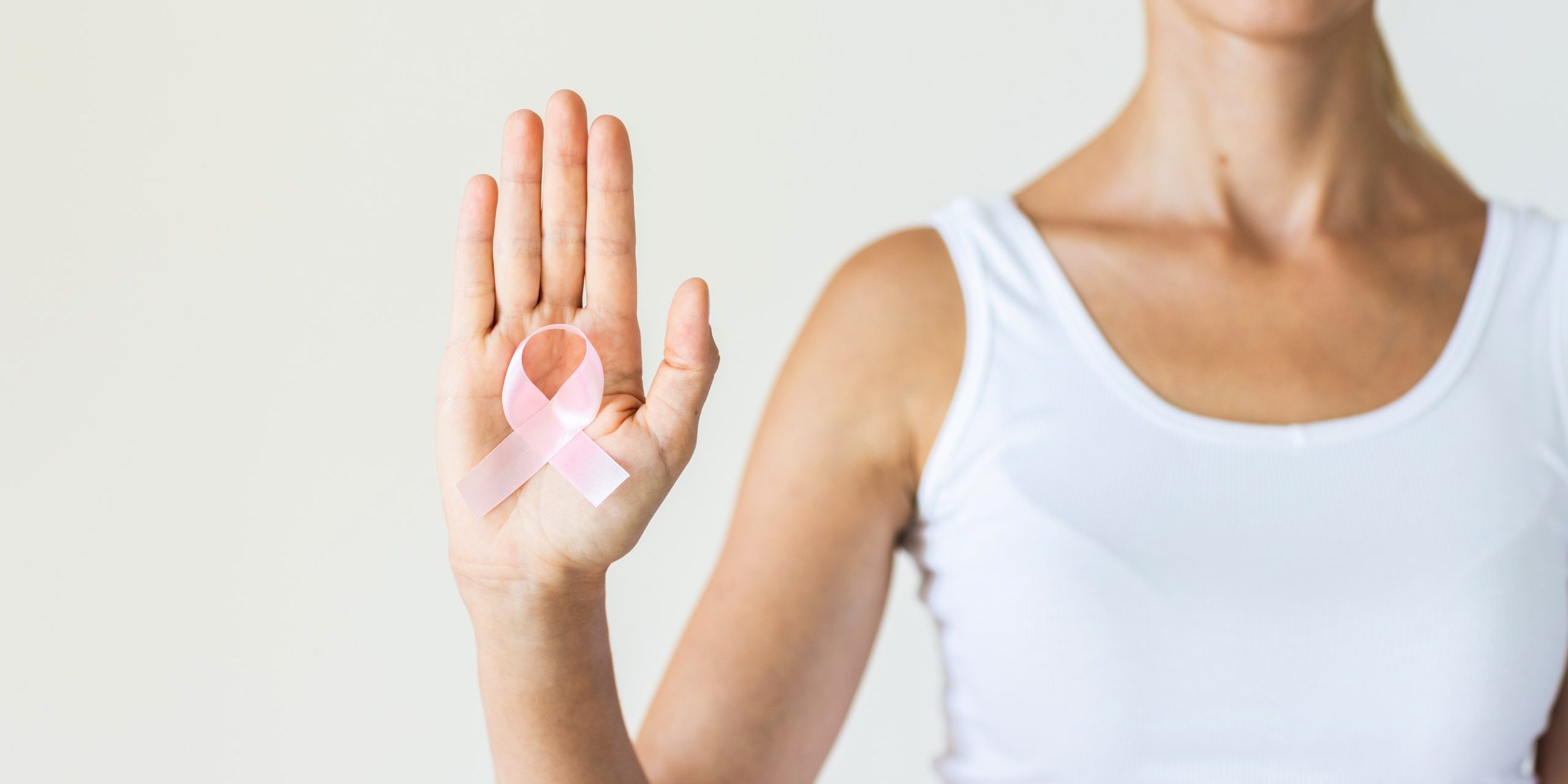Breast cancer is surrounded by myths and misconceptions that can cause unnecessary fear or prevent people from taking the right steps toward detection and prevention. Let’s clarify some common myths about breast cancer to ensure you’re informed with the facts.
Myth 1: Finding a lump in your breast means you have breast cancer
Fact: Not all breast lumps are cancerous. In fact, the majority of lumps are benign (non-cancerous). However, it’s important to have any lump evaluated by a healthcare provider to rule out cancer.
Myth 2: Men do not get breast cancer; it affects women only
Fact: Although rare, men can develop breast cancer. About 1% of all breast cancer cases occur in men, and they should be vigilant about any unusual changes in their breast tissue.
Myth 3: A mammogram can cause breast cancer or spread it
Fact: Mammograms are a safe, low-dose X-ray of the breast. There is no evidence that the radiation from mammograms causes or spreads breast cancer. In fact, mammograms are one of the most effective tools for early detection.
Myth 4: If you have a family history of breast cancer, you are likely to develop breast cancer, too
Fact: While having a family history of breast cancer may increase your risk, it doesn’t guarantee you’ll develop the disease. Many people with no family history of breast cancer are diagnosed with the disease.
Myth 5: Breast cancer is contagious
Fact: Breast cancer is not contagious. You cannot “catch” cancer from someone who has it, as it is caused by genetic mutations or environmental factors, not infectious agents.
Myth 6: If the gene mutation BRCA1 or BRCA2 is detected in your DNA, you will definitely develop breast cancer
Fact: While carrying the BRCA1 or BRCA2 gene mutation does increase your risk of developing breast cancer, it does not mean you will definitely get the disease. Many women with these mutations never develop cancer.
Myth 7: Antiperspirants and deodorants cause breast cancer
Fact: There is no conclusive evidence linking the use of antiperspirants or deodorants to breast cancer. The myth stems from concerns about chemicals like aluminum in these products, but no scientific studies support this claim.
Myth 8: A breast injury can cause breast cancer
Fact: Injuries to the breast, such as bumps or bruises, do not cause breast cancer. However, injuries may lead to benign conditions like fat necrosis, which can feel like a lump, but are not cancerous.
Myth 9: Breast cancer is more common in women with bigger breasts
Fact: Breast size has no connection to breast cancer risk. The risk is more influenced by factors like age, family history, and lifestyle choices rather than breast size.
Myth 10: Breast cancer only affects middle-aged or older women
Fact: Although breast cancer is more common in older women, it can affect women of any age. Younger women should also be aware of their breast health and follow screening recommendations based on their risk factors.
Myth 11: Breast pain is a definite sign of breast cancer
Fact: Breast pain is usually not associated with cancer. Many women experience breast pain due to hormonal changes, infections, or benign conditions. However, any persistent or unusual pain should be checked by a doctor.
Myth 12: Consuming sugar causes breast cancer
Fact: There is no evidence that sugar consumption directly causes breast cancer. While a healthy diet is important, eating sugar does not increase the risk of breast cancer more than other risk factors.
Myth 13: Carrying a phone in your bra can cause breast cancer
Fact: There is no scientific data to support the idea that carrying a phone in your bra causes breast cancer. Breast cancer is caused by changes in cell DNA, not electromagnetic radiation from phones.
Myth 14: All breast cancers are the same
Fact: Breast cancer comes in many types and subtypes, which can affect treatment and prognosis. It’s important for a doctor to identify the specific type of breast cancer for the best course of action.
Myth 15: Bras with underwire can cause breast cancer
Fact: No research shows a link between wearing underwire bras and breast cancer. This myth likely started from concerns about the compression of the breast, but there is no scientific basis for it.
Call to Action: If you have concerns about your breast health or are due for a mammogram, don’t wait. Early detection can save lives. Contact Parkchester Medical today at (718) 828-6610 or visit parkchestermedical.org to schedule your appointment and learn more about breast cancer screenings.






